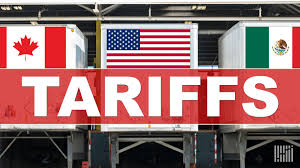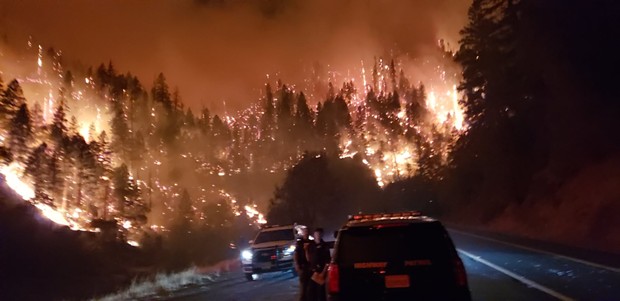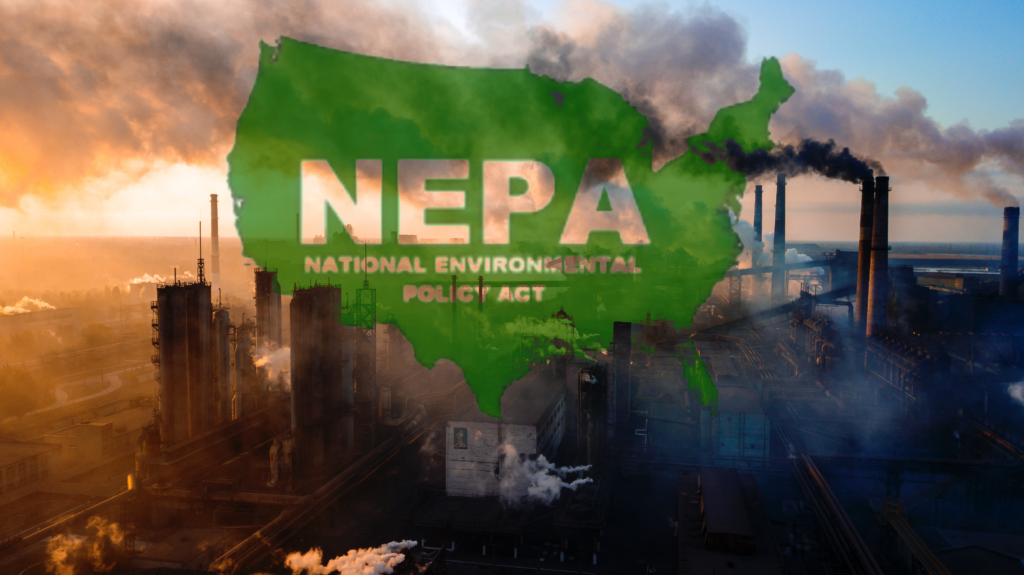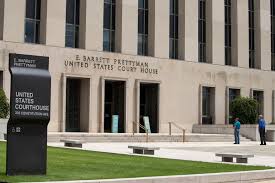Region: National
Crisis at DOJ’s Environment & Natural Resources Division
Guest contributors Sommer Engels, Andrew Mergen, and Justin Pidot write that dismantling ENRD will be disastrous for future administrations, the American people, and even for the Trump Administration.
The Environment and Natural Resources Division (ENRD) of the Department of Justice faces its most profound crisis since it was established in 1909. In a little over a week, the Trump administration has (1) reassigned four career managers (leading nearly half of ENRD’s sections) to the newly formed Office of Sanctuary Cities Enforcement; (2) placed …
Continue reading “Crisis at DOJ’s Environment & Natural Resources Division”
CONTINUE READINGTrump’s Offshore Wind Ban vs. China’s Wind Juggernaut
Why is the Trump administration kneecapping the U.S. offshore wind industry while China becomes a global giant?
This January, when I was in Beijing for a workshop at Tsinghua University on offshore wind, presentation after presentation from Chinese experts revealed just how China has become an absolute juggernaut in offshore wind. Professors from the Chinese Academy of Social Sciences and Tsinghua walked us through the governance structure — state planning, targets, industrial …
Continue reading “Trump’s Offshore Wind Ban vs. China’s Wind Juggernaut”
CONTINUE READINGTariffs and Clean Energy: What You Need to Know
The effect of tariffs on energy markets is complex, and a lot depends on the details.
International trade economics is complicated, and we can’t be certain of how tariffs will work out, particularly in the long term when economies have fully adjusted to them. Trump’s hope is that the tariffs will cause a boom in U.S. production, although there is also evidence that protected industries are less efficient and innovative, resulting in higher consumer prices. Impacts on clean energy could be negative, The same is true for impacts on fossil fuels.
CONTINUE READINGThe Green-State Playbook
Here are five ways states can save climate policy despite Trump.
Trump’s election is a body blow to U.S. climate policy, but there are ways that those states can fight Trump and move forward on their own plans. To cut to the chase, here are five key strategies for green states — starting with lawsuits against the Trump Administration, which were highly successful in Trump’s first term.
CONTINUE READINGWhat is a species?
Revisiting a key case in the history of the ESA
This article in the NY Times covers a recent scientific article that concludes that the snail darter, a fish species in the Tennessee River basin that was previously listed for protection under the Endangered Species Act (ESA), is not a species after all. Using a range of genetic analyses, the authors conclude that the snail …
Continue reading “What is a species?”
CONTINUE READINGSaving Disaster Law From the Imperial Presidency
Trump’s efforts to deconstruct disaster relief have serious legal flaws
In recent days, Trump has said that he won’t provide relief for the LA fires unless California changes its voting laws and its water regulations. And he also suggested that he’d like to abolish FEMA entirely. The first of those proposals seems clearly unconstitutional. The second one is both a terrible idea and beyond his legal authority.
CONTINUE READINGTrump Goes to War Against Environmental Justice
Apparently it’s “woke” to worry about excessive pollution in minority communities.
There is little or no basis for Trump’s claim that Clinton environmental justice order violated either civil rights laws or the Constitution. Trump’s embrace of this extremist view is an indication of just how much more radical his second term may be compared with his first. The law does not require the government to close its eyes to the harm its own policies may be causing to minority communities.
CONTINUE READINGTrump’s War Against NEPA
One of Trump’s Executive Orders Heralds a Revolution in NEPA Practice
What’s going on here is pretty obvious, It’s not “improving environmental rules.” No, the title of the subsection is “Unleashing Energy Dominance through Efficient Permitting.” Anything that gets in the way of fossil fuel development – which is what Trump means by energy dominance – is going to get steamrolled. Including the environment.
CONTINUE READINGSurfing the Wave of Executive Orders
As an old song says, “Mama Miá, here we go again!”
One thing that no one can deny is that Trump is brilliant at political theater. People overlook the importance of that at their peril. But theater isn’t reality, and it remains to be seen how many of the grand gestures Trump made today will eventuate in law.Presidents love issuing executive orders. It’s easy to do, and many people will credit the president with major accomplishment. But really, as someone recently said, an executive order is “just a memo on fancy letterhead.”
CONTINUE READINGLitigating Against Trump
Trump’s agencies had a terrible litigation record the first time. It will probably get better – but not that much better.
In his first term, Trump’s litigation record was awful – winning only one case in four by some estimates.The Trump folks should do a better this time. But they may not improve that much, and could still lose more often than they win. Money invested in litigating against the Administration will be well spent. Meticulous attention to evidence and legal requirements is likely to remain a weak point.
CONTINUE READING











